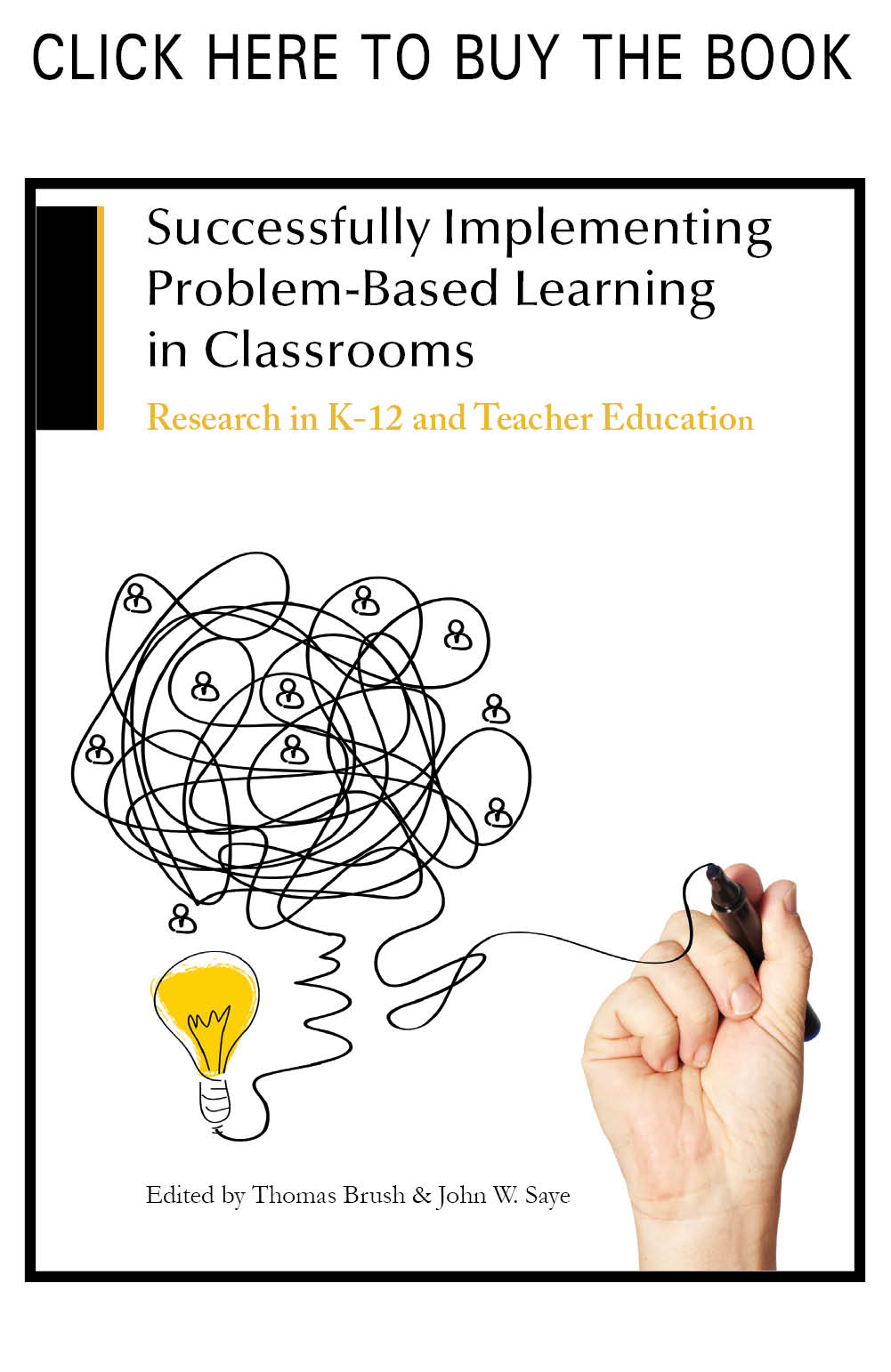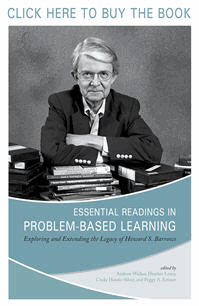Abstract
The aim of the study was to investigate how physiotherapy students using a problem-based learning approach develop into experts during higher education, and answers the question: How do physiotherapy students at bachelor’s level understand the problem-based learning approach while learning to become professionals? PBL is examined using interpretative phenomenological analysis (IPA) of longitudinal data written by 15 voluntary students from two different higher education institutions and collected during 3.5 years. The main results on the new way of learning strengthen earlier conceptions of the importance of reflection in the learning process. The PBL method activates a reflection process by allowing students to participate in something that differs from their previous experiences of teaching and learning methods, which creates confusion and forces them to critically reflect on their actions. There are two dimensions of reflection in this study: self-reflection (information-seeking and creative learning processes) and reflection together (peer-group working and the teacher), in which reflection together seems to be more powerful than in earlier experiential learning theories. This study brings out the directions for and the timing of the necessary scaffolding and support for learning.
Recommended Citation
Korpi, H.
,
Peltokallio, L.
,
&
Piirainen, A.
(2019). Problem-Based Learning in Professional Studies from the Physiotherapy Students’ Perspective. Interdisciplinary Journal of Problem-Based Learning, 13(1).
Available at: https://doi.org/10.7771/1541-5015.1732
Included in
Adult and Continuing Education Commons, Educational Methods Commons, Health and Physical Education Commons, Vocational Education Commons




